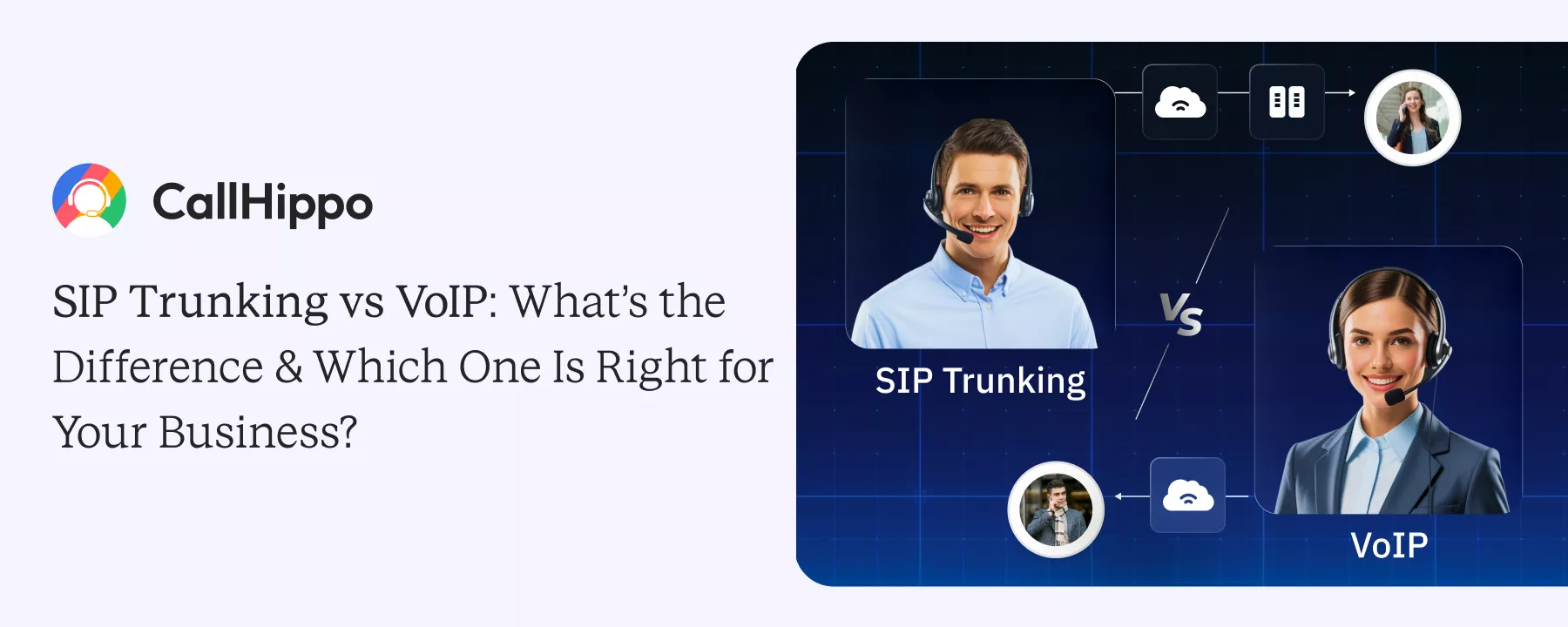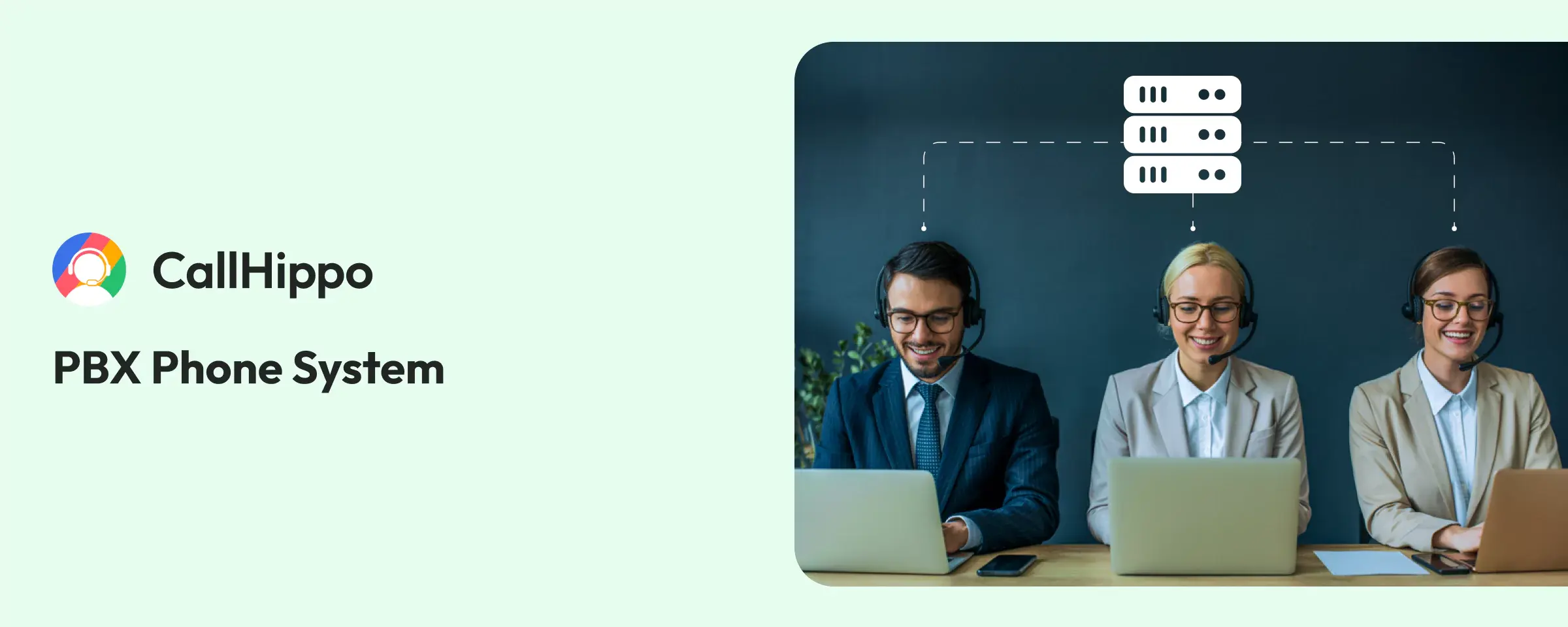Remote work is normal now. But the problem is, a lot of business calling still...


Remote work is normal now. But the problem is, a lot of business calling still...

The contact centers known for ages are changing, along with the increased...

Your phone number decides whether customers will call you or scroll past your...

Most businesses are switching from traditional phone lines to internet-based...

Does your business phone line always remain busy? Do you end up missing calls...

Haven’t you heard complaints of customers being frustrated by continuously...

Clear and reliable communication keeps every modern business running smoothly....

Do you have separate phone lines for every employee and yet struggle with poor...

Have you ever answered a call right from your laptop or phone, without...

Every call is a make-or-break moment. In fact, 32% of customers stop doing...





